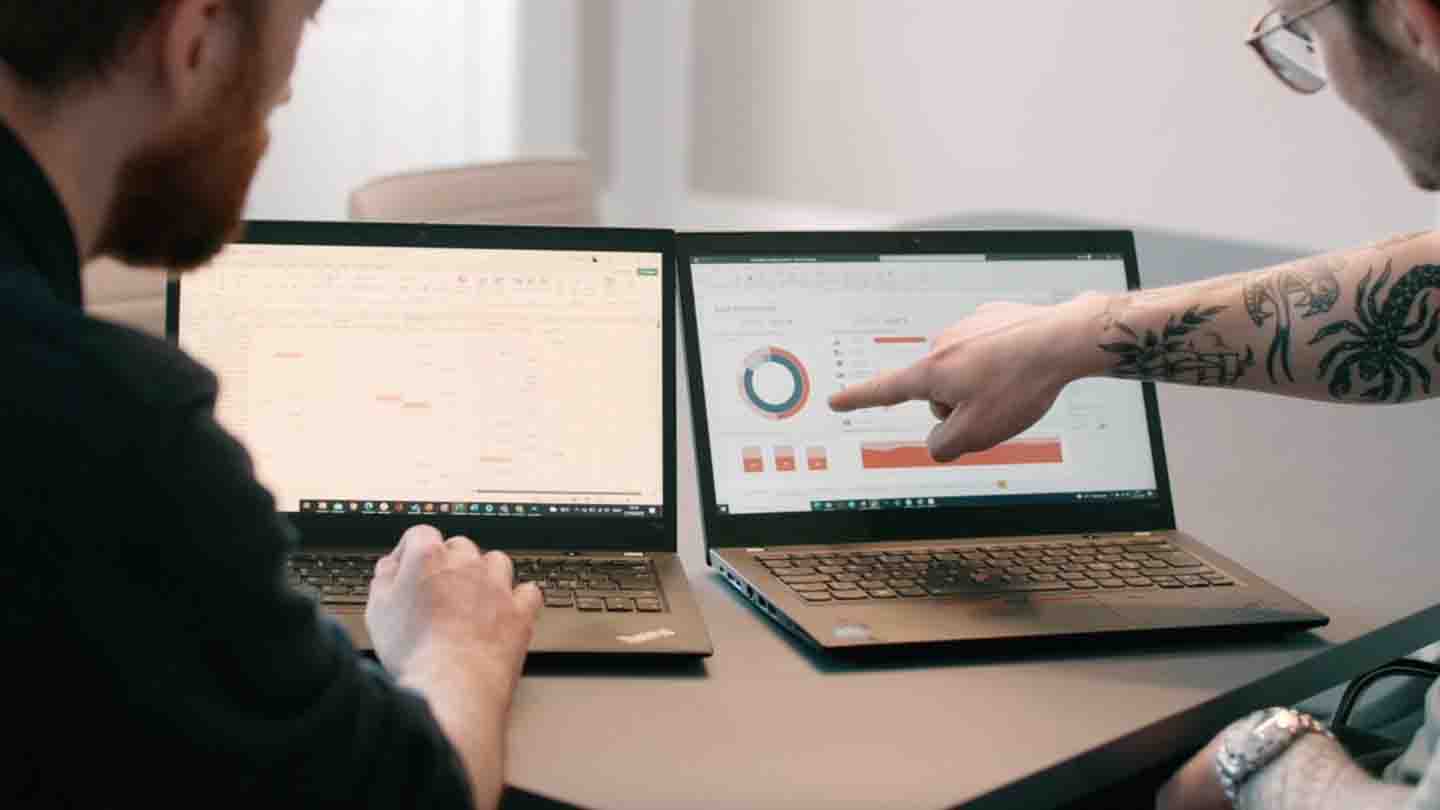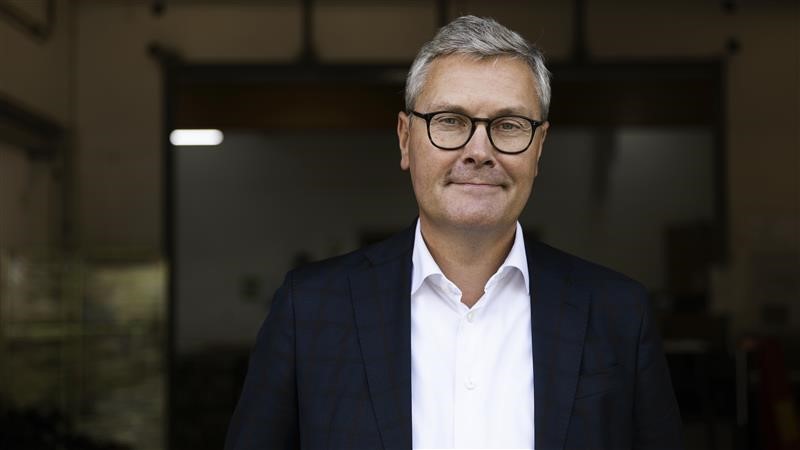
Updated November 2024: On 22 October, the Bankruptcy Division of the Danish Maritime and Commercial High Court commenced bankruptcy proceedings against EIVEE ApS as a result of the termination of restructuring proceedings.The partnership between Danske Bank and Eviee has therefore been terminated.
At Danske Bank, we maintain our focus on supporting our customers by offering them advice, products and services that support their transition. For more information, read about the ESG profile (Danish)– a free tool developed in cooperation with the Danish Association of Managers and Executives and Deloitte.
Many companies are currently working intensively to comply with the EU’s forthcoming sustainability requirements. The upcoming legislation namely affects not only large, listed companies but also their subcontractors, who will face increased sustainability data requirements from their customers.
Danske Bank has therefore entered a partnership with Danish software firm, EIVEE, who will help the bank’s business customers by making climate reporting easier.
“Our experience is that the increased requirements on sustainability reporting are putting substantial pressure on many of our customers. Obtaining an overview of a business’s overall carbon footprint is no easy task, which is why we have entered into a partnership with EIVEE, who can help our customers with both the collection and reporting of CO2 data,” explains Niels-Bang Hansen, Danske Bank’s Head of Business Customers in Danmark.



.png?h=128&iar=0&w=128&rev=c0456076148343a69ec27218e9fa39aa&hash=5367D3AD7CFBE8E78181A6587FAB2790)